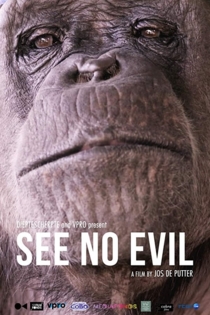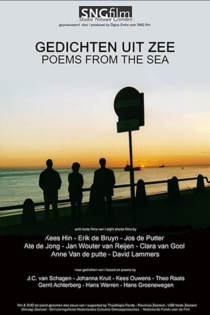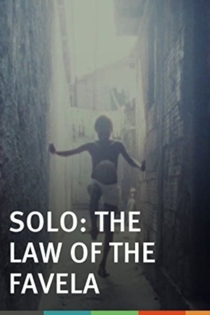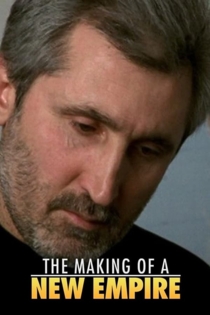
Jos de Putter
2021Het is een schone dag geweest
Jos de Putter
Documentary about the last four seasons on the farm run by the director's parents. The film starts on 1 January 1992, at 6 am and ends in a misty landscape at the end of that year. Het is een schone dag geweest (It's been a beautiful day) shows the end of a farm venture for which no successor has been found, but also the disappearance of a traditional way of life. Modern agriculture is ruled by new regulations, largely made in Brussels. Lonely work on a noisy machine replaces hard but communal work on the land. In a disciplined style, the film shows the disappearance of a traditional lifestyle in part of Holland. Het is een schone dag geweest was ïn 2007 admitted to the "Canon van de Nederlandse Film", a list of the most important Dutch films. (filmcommission.nl)
Het is een schone dag geweest

See No Evil
Jos de Putter, Jos de Putter
Poetic, painful documentary about three retired apes: a film star, a scientist and a cripple. They look back at their lives and the intriguing relationship between humans and apes. Who watches whom, and who learns from this?
See No Evil

Gedichten uit zee
Jan Wouter van Reijen, Kees Hin
During the International Film Festival Rotterdam in 2002, Leo Hannewijk (festival director Film by the Sea) approached filmmaker and producer Digna Sinke with the idea of asking several film makers to make short films based on poems about the province of Zeeland. It would offer an opportunity to investigate the limits of the medium film and, just like poetry, not to focus on the story but to tackle universal and grander themes through mood and form. In the end, eight short films were realized, by eight different filmmakers. The films are connected by intermezzi, aerial shots of the Zeeland coasts. Poems of the Sea is a stirring and surprising portrayal of Zeeland. Filled with desires and passion.
Poems from the Sea

Solo, de wet van de favela
Jos de Putter
Leonardo and Anselmo are both eleven years old and live in the slums of Rio de Janeiro. It is the summer of 1994, the World Championship Soccer is held in the USA, and Brazil is the favorite for the world title. Leonardo and Anselmo dream of becoming professional soccer players, to escape the poverty and violence of their slum. They fantasize of being able to organize a barbecue, once they have made it. Some of their friends want to become fishermen, but when they go boating on the lake, they find a corpse in the water (victim of yet another drug-related crime). Leonardo and Anselmo play for the team of Nova Saffra, a home for poor kids. But when a scout of a famous team arrives, everything might change: he invites both Leonardo and Anselmo to play a test match. During this once in a lifetime opportunity, Anselmo forgets his shoes and his father is nowhere to be found. Leonardo realizes he will have to make a tough decision
Solo, the Law of the Favela

The Making of a New Empire
Jos de Putter
Dutch documentary filmmaker Jos de Putter directs this portrait of Chechnya's charismatic leader Khoozh-Ahmend Noukhaev. The film shows the dashing leader touring about the strategically sensitive independent region of Russia as if he were a feudal lord. He doles out $100 bills to villagers, makes grandiose plans for the bombed out capital of Grozny, and dispenses with presidents at a whim.
The Making of a New Empire

How Many Roads
Jos de Putter
A documentary road movie composed as a pop album. Twelve text snippets by Bob Dylan give just as many fans a basis to elucidate their relationship with the legendary folk singer who then turned 65. This produces a portrait of Dylan followers in the US, which appears to be as divers as the population of this dominant world power. Two schoolgirls that sing to their idol, a therapist that bases his lessons on Dylan, an ultraconservative website administrator, a soldier packing his things for Iraq and some figures that have placed themselves, consciously or not, outside society. Dylan himself is conspicuous by his absence. The tumbling cardboards with text scraps refer to the music video of Subterranean Homesick Blues from DA Pennebaker's Dylan portrait Don't Look Back (1967). It gradually becomes clear that you can always put yourself in the right with Bob, because everybody can distil their own truth from his lyrics, as long as you interpret them creatively.
How Many Roads

